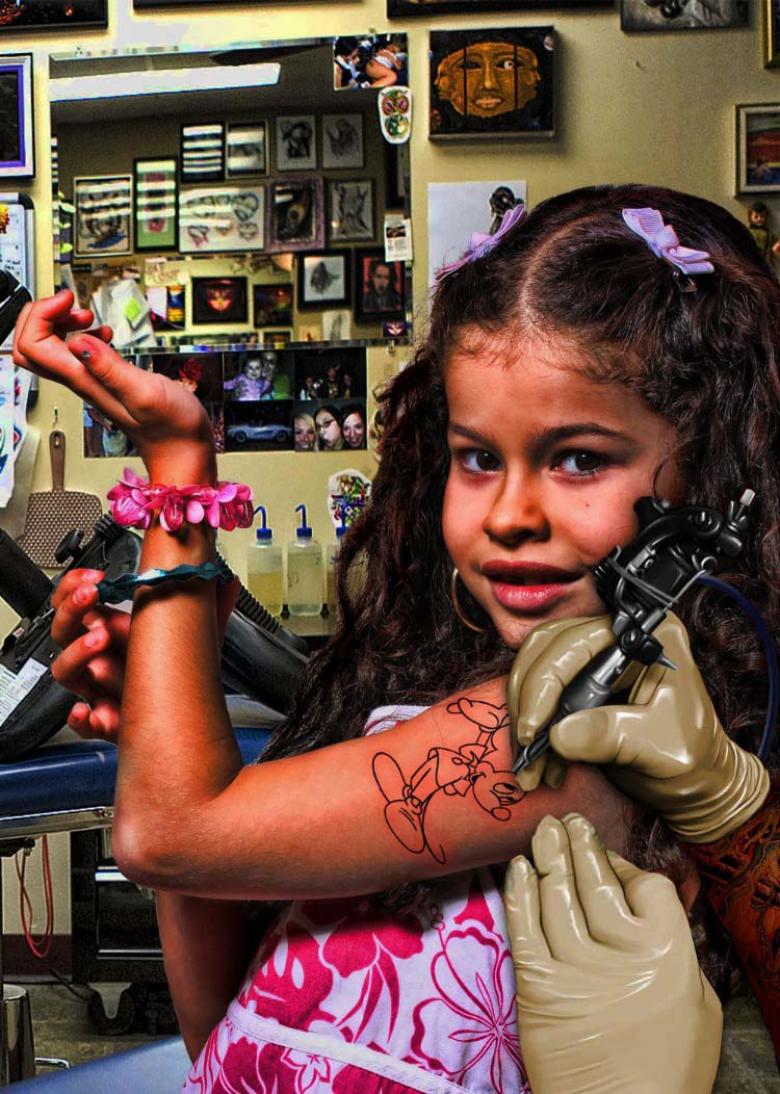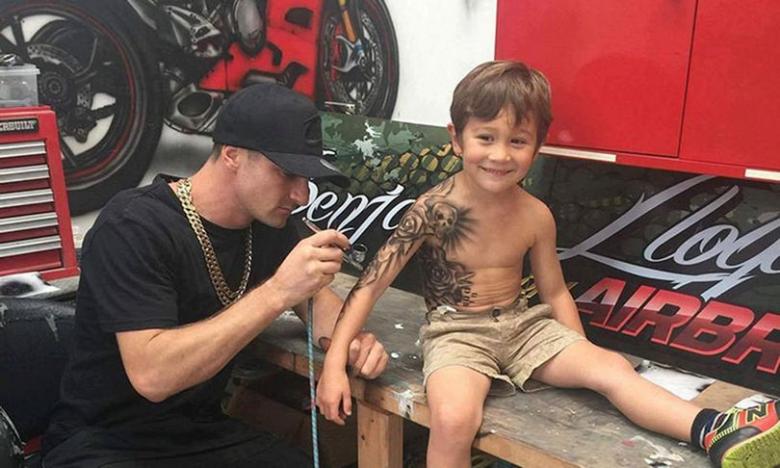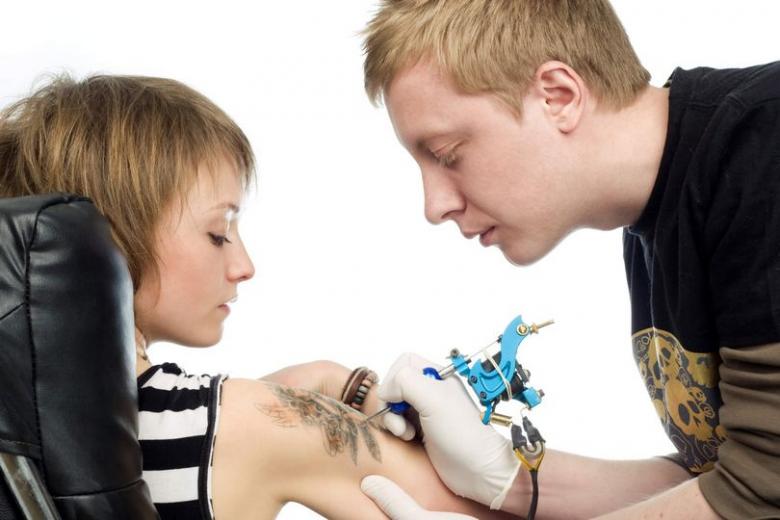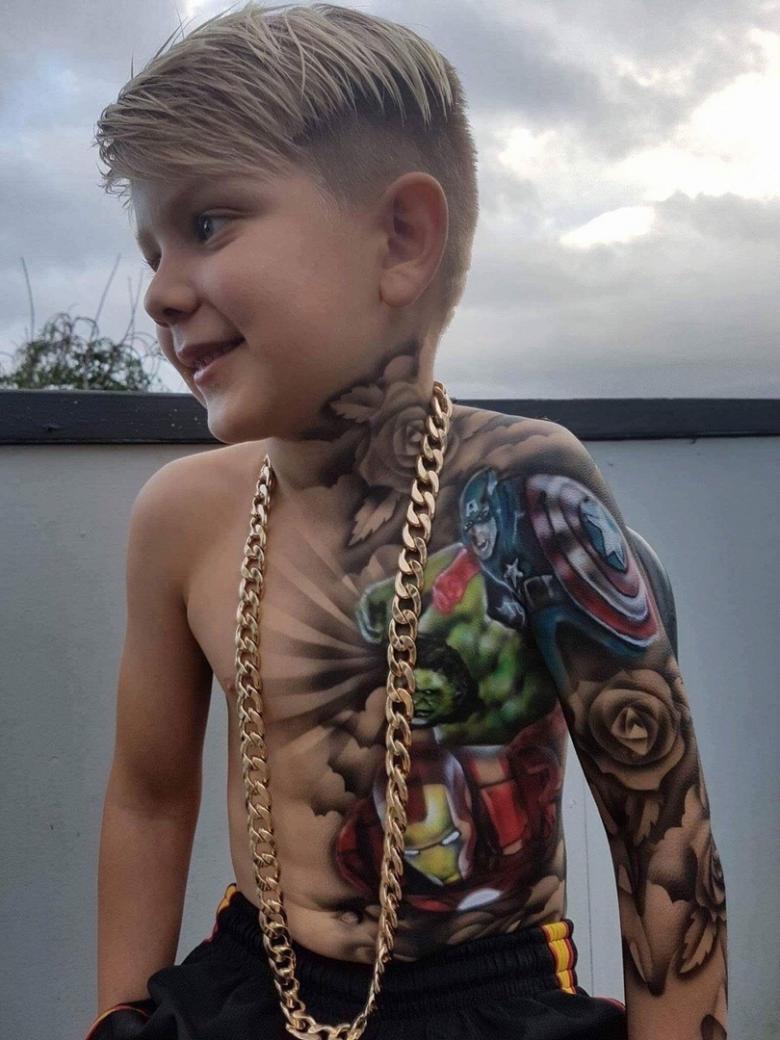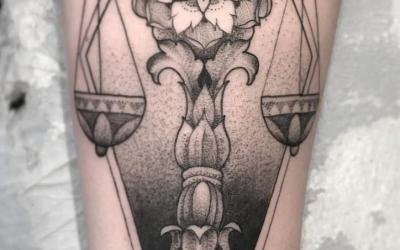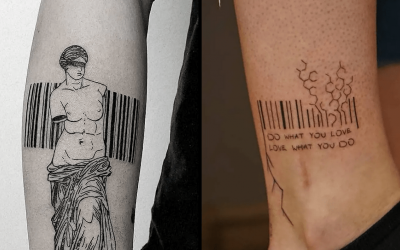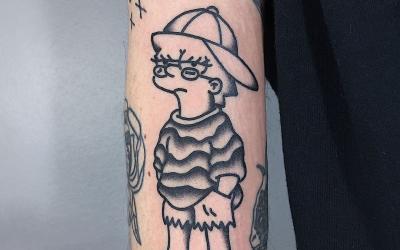How old are you allowed to get a tattoo - what aspects should be considered when deciding to get a tattoo until adulthood
In recent years, tattoos have become incredibly popular among young people. However, before deciding to apply such a decoration, it is worth considering some aspects.

Many teenagers want to emphasize their individuality, to stand out from the general gray mass or to demonstrate belonging to any subculture. And they often try to give themselves originality not only by wearing extravagant clothes and using slang, but also by applying tattoos.
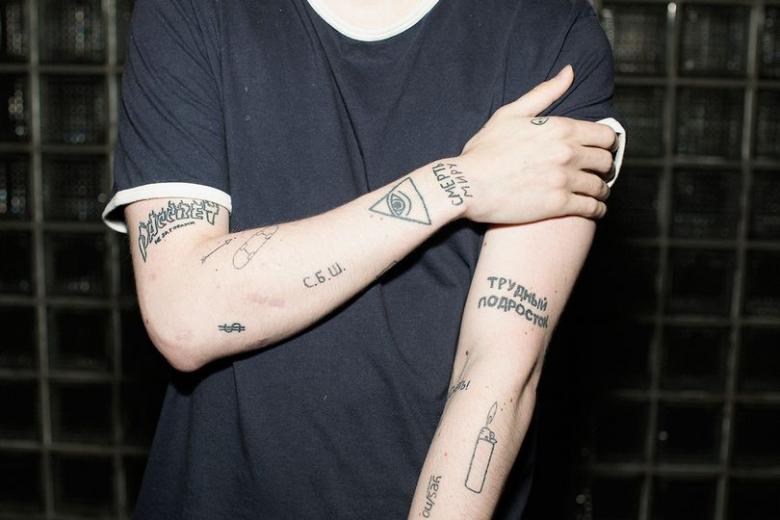
The popularity of tattoos is also promoted by popular culture - many actors, athletes and show business figures adorn themselves with personal drawings. And the emergence of new professional equipment turns a tattoo into a work of pictorial art.

But at what age can you come to the salon to get a tattoo? The question about this constantly arises in the professional community. And this question has several aspects that both masters and their potential clients should keep in mind.
The physiological aspect
Before the age of 21, the human body is in an active growth phase. The immune system is still unstable, and turbulent internal biological processes make it sensitive to allergens and various infections.
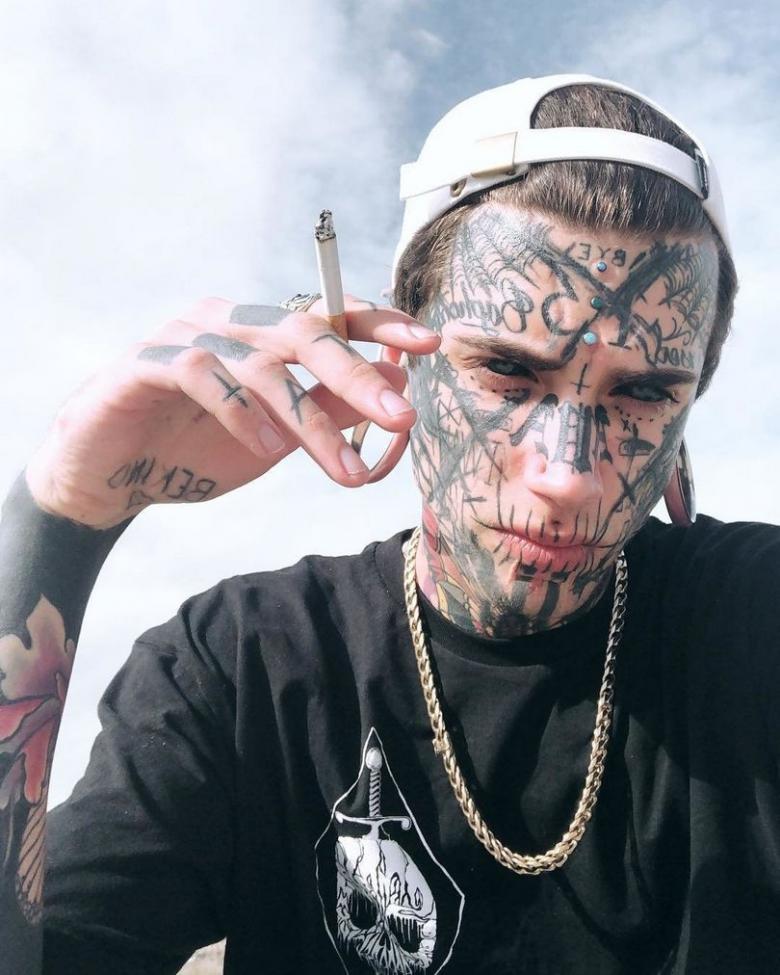
Guys grow muscle mass, girls appear feminine forms. Therefore, the tattoo applied to the skin can eventually become deformed, blurred and completely lose its appearance. In addition, because of hormonal restructuring, a teenager may develop an allergy to paint.

Separately, it is also worth mentioning that teenagers have a very low pain threshold. Causing a tattoo can be such a strong stress on the body that the client simply will not withstand the pain of the procedure. And the correction or removal of the unsuccessful drawing can be forgotten.

The psychological aspect
Hormonal explosion in the body of a teenager leads to increased emotionality, irascibility, impulsive taking rash decisions.

The worldview can change beyond recognition in a short period of time, and the initially coveted tattoo risks irritating its owner in a couple of months.

Especially if its infliction and correction are associated with very unpleasant sensations described above, as well as with significant expenses. It is impossible to overcome hormonal activity, it will pass only with age.

The legal aspect
There are no specific requirements applicable to tattoos in Russian law. There is only the general notion of legal capacity, which comes at the age of majority - 18 years.

Applying to a tattoo parlor is, in fact, a request for a procedure related to body interference and a financial transaction. Minors can carry out such a transaction only with the written consent of their parents or legal representatives.

Faking parental permission is quite difficult because it must be accompanied by copies of documents and contain the following information:
- application (free form);
- The name of the child and parent;
- The child's birth certificate and the parent's passport;
- Home address and telephone number;
- contact information for the parent.

With such permission, all responsibility for the consequences rests on the parents' shoulders.

Abroad, the attitude to tattoos is approximately the same. For example, in the U.S., the legal age to visit a tattoo parlor is 20 years old, regardless of the state.

The master, who has tattooed a minor, is subject to criminal prosecution and even risks imprisonment. The same age restriction is stipulated in Europe.

Ethical aspect
As in any professional community, there is its own corporate ethics among tattoo artists. And it is manifested, in many respects, it is in relation to minor clients.

There are masters working at home - in unacceptable sanitary conditions and, in fact, illegally. They not always have the appropriate qualifications and quality tools, and cannot guarantee that the printed image will not lose its look in a couple of years. In addition, they often turn a blind eye to the lack of permission from parents and risk ending up as a defendant in court if something has gone wrong.
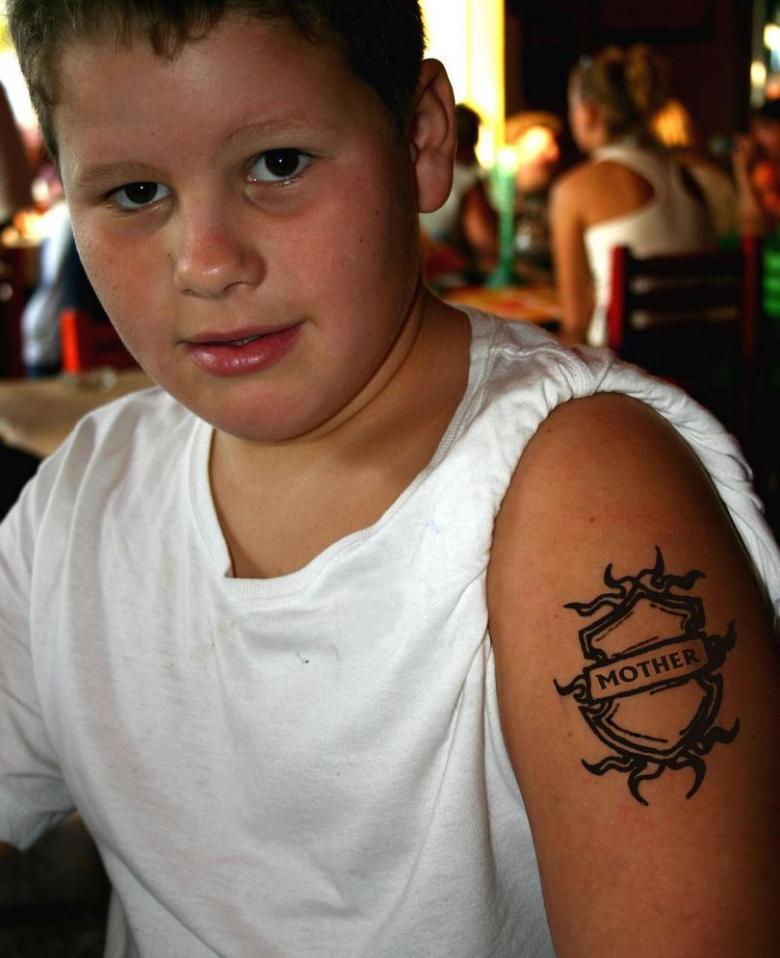
Legally working masters and salons perfectly understand all peculiarities of tattooing on a growing body and realize what problems an underage client can meet - from allergies and other health problems to the loss of the appearance of the design.

For the good master it is important that the result of his work was impressive in a year, and in two, and in five. Therefore he should be able to convey to the client all the disadvantages of too early imposition of body art and talk about the advantages of a balanced, conscious and responsible attitude towards the body decoration.

Getting a tattoo on your body is a serious decision. Until the onset of adulthood is still better to find another way to highlight their uniqueness and stand out against the background of peers. And you should treat the tattoo with wit and in an adult way, so that the body pattern did not lose its beauty over the years and did not lead to unnecessary discomfort and additional costs.















